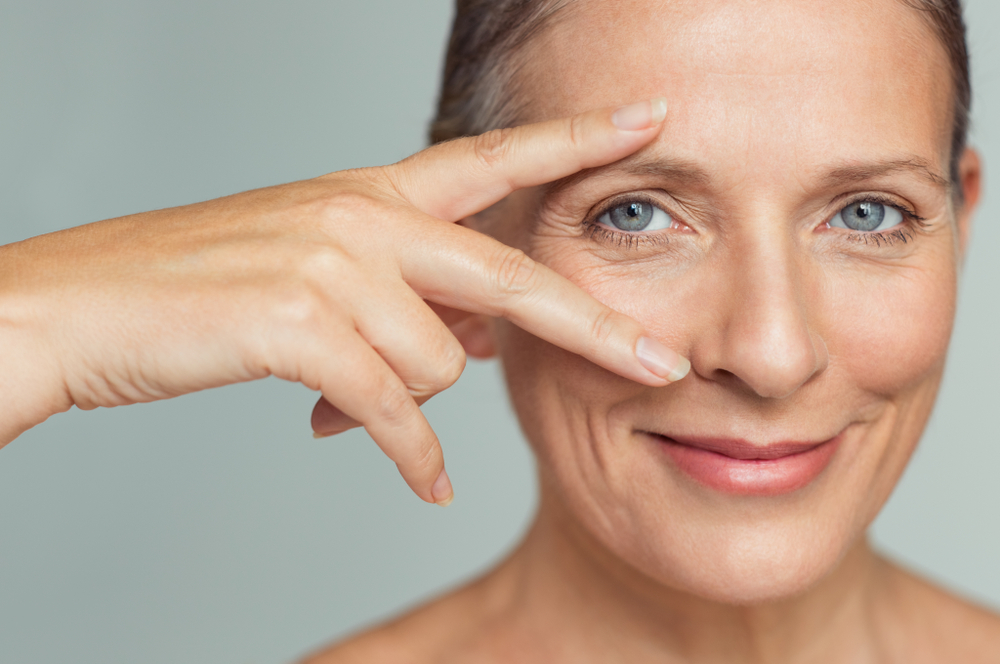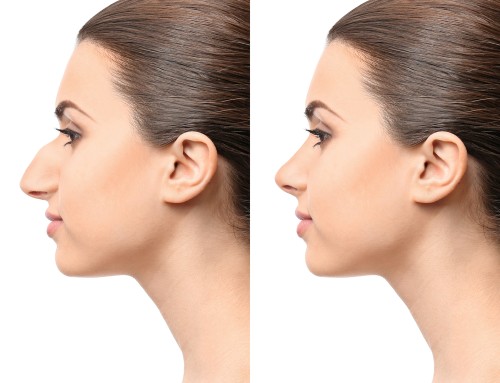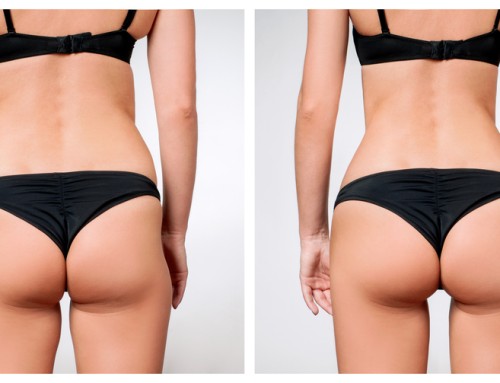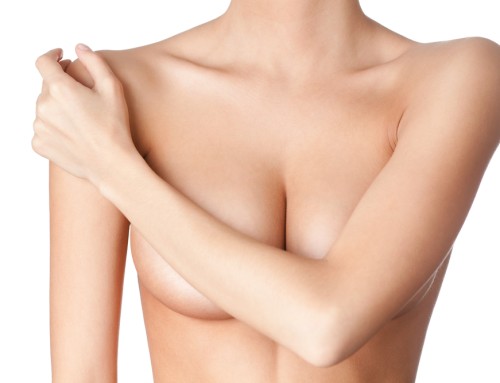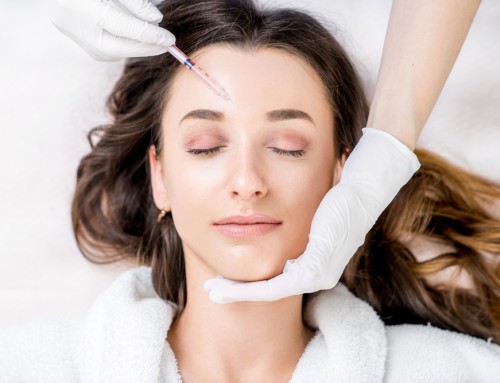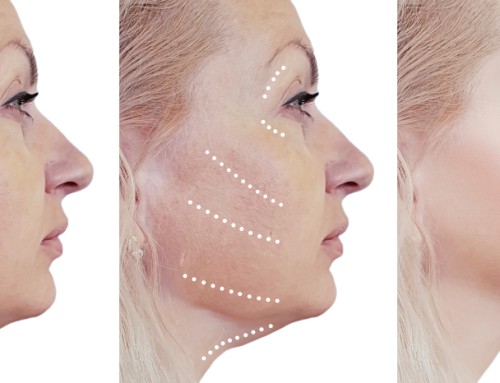In the mirror, a woman examines visible signs of stress and considers cosmetic procedures as a solution.
You’re not alone if you’ve been dealing with stress. According to the American Institute of Stress, 77 percent of Americans suffer from stress-related physical symptoms such as increased sweating and acne outbreaks on a regular basis. Stress’s physical impacts can make us feel unhappy, worried, and irritable, which can increase our physical problems, creating a never-ending feedback cycle.
We’re looking at the physical impacts of stress and how they can be eased, even with cosmetic treatments, in honor of National Stress Awareness Month in April. Continue reading if stress is affecting your appearance and well-being.
Your Body Is Affected By Stress
Many of us have experienced the stress of having to give a public speech or being put on the spot in a meeting—our voices and hands shake, and we start sweating heavily. This overpowering feeling of nervousness might occur in everyday situations for certain people, or it can last long after a perceived “threat” has passed. If this sounds like you, you’ve probably also dealt with the uncontrollable perspiration that comes with stress.
Hyperhidrosis (excessive sweating) affects about one in every five persons, and it’s a very embarrassing condition. Sweat stains and stench can make us feel self-conscious, especially when we’re among other people.
If getting rid of your sweat glands sounds scary, keep in mind that the human body contains approximately 4 million sweat glands, with only 2% of them found under the arms. This means that you’ll be able to sweat as much as you need through your other glands.
Your Hair Is Affected By Stress
Hair loss in men and women is caused by two factors: stress and heredity. Let’s take a look at these causes and how they can be treated.
Stress. Men and women can lose their hair prematurely as a result of extreme psychological stress, such as bereavement or severe despair or anxiety. Hair that falls out as a result of stress (called “telogen effluvium”) can grow back in 6 to 9 months, though it may appear patchier and thinner. Hair transplant surgery, contrary to common perception, is not an effective remedy for stress-induced hair loss because it might “shock” your hair follicles and cause further hair loss. It is our obligation at Raleigh Plastic Surgery Center to inform patients who are severely stressed and considering hair transplant surgery to treat their hair loss that this is not a good option for them. Instead, the best defenses against stress-induced hair loss include a good diet and treating the fundamental reasons (pun intended) of your stress.
Genetics. By the age of 30, both men and women are losing their hair, but men lose their hair at a significantly higher rate. Unless a hair therapy treatment is undertaken, genetic hair loss is usually irreversible. A hair transplant can be an exceptionally effective therapy for people who are experiencing genetic, or “pattern,” baldness. Dr. Samaha offers NeoGraft, an automated follicular unit extraction (FUE) hair transplant treatment, at Raleigh Plastic Surgery Center to help men and women with genetic hair loss restore thicker, fuller hair with less downtime and no significant scar.
Stress Has an Impact on Your Skin The indications of stress are most visible on the skin, particularly the face. This is due to the fact that stress causes a chemical reaction in the body that makes skin more sensitive, which can both develop and exacerbate acne, rosacea, and eczema. Even in their 20s and 30s, it can cause skin to seem dull and wrinkled prematurely. We provide a variety of treatments to relax and rejuvenate stressed-out skin at our Skin Wellness Center.
A CoolScuplting Procedure will refresh your skin. Collagen is a crucial component of youthful, healthy skin, but stress diverts blood away from the skin to other organs, reducing collagen production. CoolScuplting Procedure employs non-ablative laser technology to produce microscopic perforations in your skin that encourage natural collagen synthesis, giving you smooth, youthful skin. Botox can be used to treat wrinkles and lines. If stress is a big part of your life, chances are your face reflects it. People who are worried tend to furrow their brows, causing lines and wrinkles to grow over time. Botox injections can temporarily minimize the appearance of dynamic wrinkles (wrinkles that occur when you frown) for up to four months, giving you a more youthful and attractive appearance. Botox can also be used to treat TMJ/lockjaw, migraines, and even depression, in addition to its aesthetic properties.
The signs of stress are nowhere more visible than on the skin, particularly the face.
Resources to Help You Manage Your Stress
While aesthetic operations might help you manage your physical stress symptoms, it’s as crucial to address the psychological repercussions of stress. The services listed below can assist people in the Raleigh area and elsewhere in managing their stress.
The Benson-Henry Institute’s Stress Management and Resiliency Training (SMART) program teaches participants resilience and self-care strategies to reduce stress and improve quality of life.
One Medical’s Shift Stress Management program is a four-week virtual group session that teaches participants how to manage stress, anxiety, and sleeplessness by presenting practical stress relief techniques in a friendly and safe environment.
At Raleigh Plastic Surgery Center ,we can help you reverse your outward indications of stress.
Treat your visible indicators of stress at Raleigh Plastic Surgery Center for a rapid increase in self-confidence.


